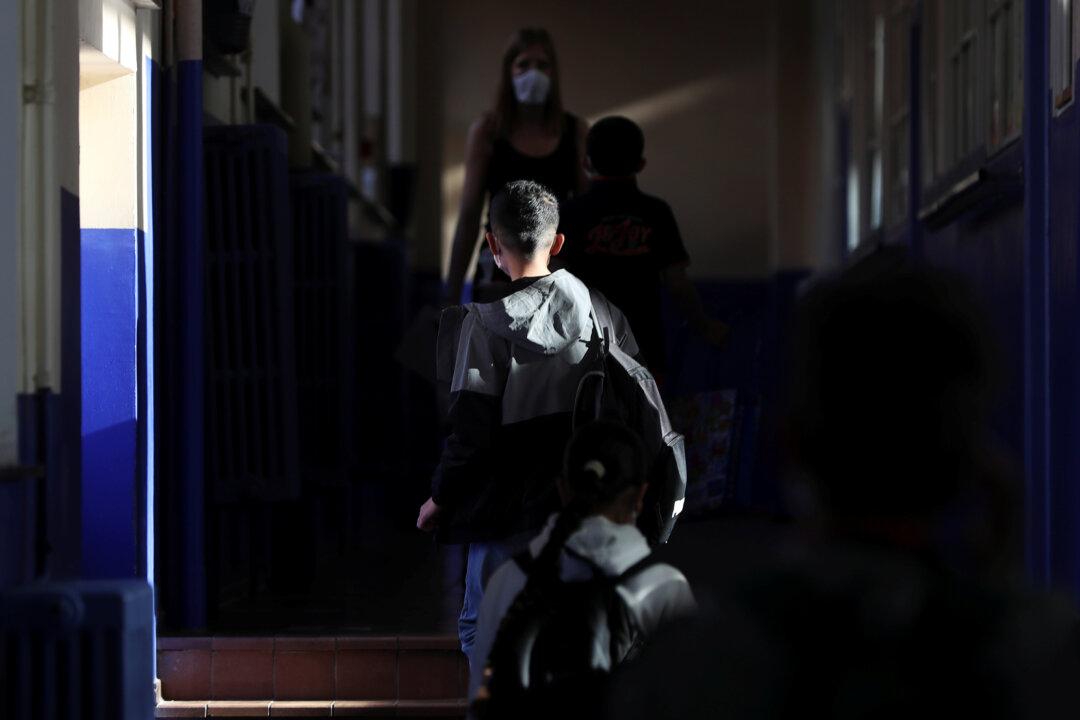LONDON—There are tentative signs that children may not spread the CCP virus as much as adults, two top epidemiologists said on May 19, though they cautioned that the bad news was that human immunity may not last that long.
As Europe and the United States start to return to work after lockdowns imposed to slow the spread of COVID-19, the respiratory disease caused by the CCP (Chinese Communist Party) virus, world leaders are trying to work out when it is safe for children and students to get back to their studies.





